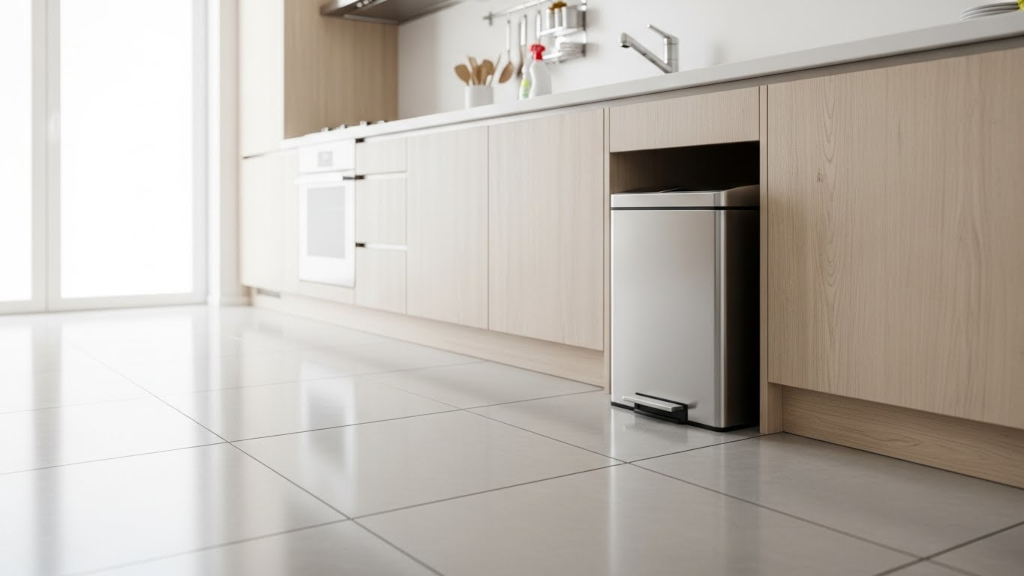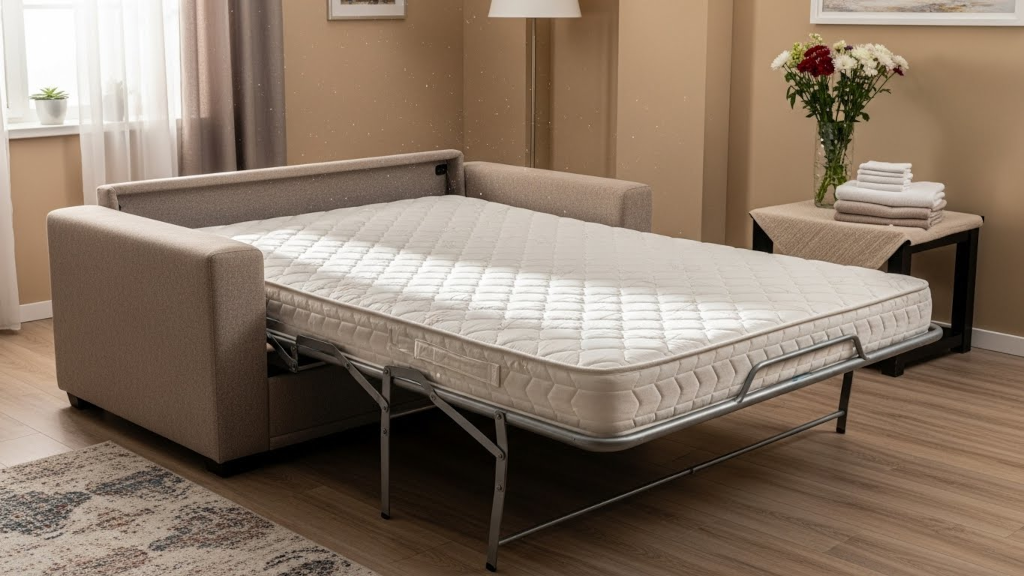Closets are one of the easiest places in a home for odors to settle, linger, and return even after you think you have cleared them out. The space often looks neat and organized, but the air inside can still feel stale whenever you open the door. As temperatures drop in fall and winter, doors stay closed longer, airflow slows down, and soft fabrics absorb more moisture than usual. This creates an environment where odors take hold and quietly return again and again.
Fresh-smelling clothes start with fresh-smelling storage. Understanding where closet odors come from and how to break that cycle helps you keep the space clean, dry, and balanced all season long.
Why Closets Trap Odors So Easily
Closets trap odor for several reasons, and they are all part of the way the space is built. First, most closets have very little ventilation. Doors stay closed, which stops air from circulating and allows odor molecules to settle in one place. This still air creates a pocket where musty, stale, or sour smells can build and intensify.
Packed fabrics make the problem stronger. When clothes are placed tightly on a rod or stacked closely on shelves, airflow becomes even more limited. Moisture from winter air, body oils, and lingering scent from worn fabrics all settle into the fibers. Without daily movement or open space to breathe, these fabrics continue releasing odor long after they are put away.
Shoes add another layer of odor. Even clean shoes hold moisture and natural scent from daily wear. When they sit on the floor of a closed closet, they warm the air, trap humidity, and contribute to the stale smell that greets you when you open the door.
Stored items like jackets, seasonal clothes, blankets, and handbags also absorb odor over time. When multiple soft surfaces sit together in an enclosed space, they create an environment where stale scent becomes difficult to remove.
Common Closet Odors and What Causes Each One
Closet odor shows up in different ways, each with its own source. Knowing what causes each type of smell helps you target the problem and pick the right routine.
Musty Odor
This is the most common winter closet smell. It builds when moisture becomes trapped in fabrics and stays inside a closed space for too long. Rugs, jackets, and older fabrics absorb humidity quickly and release a musty scent.
Sour Odor
Sour smells come from worn clothes placed in the closet before they fully dry or from damp items sitting in laundry baskets. Towels, gym clothes, and socks are the biggest sources.
Perfume Buildup
Fragrance from clothes, body sprays, and detergents creates a heavy odor when multiple items hang close together. The scent becomes stale and grows stronger over time.
Smoke Odor
Clothes absorb smoke easily and hold onto it long after exposure. When these items sit in a closed space, the smell spreads to nearby fabric.
Sweat and Body Odor
Even lightly worn clothes can hold onto natural scent. Jackets, undershirts, and sweaters are common sources, especially in colder seasons when fabrics are thicker and take longer to air out.
Closet odor rarely comes from dirt. It comes from trapped air, packed fabrics, and moisture that sits still inside an enclosed space.

The Mistake of Using a Strong Fragrance Instead of Neutralization
Many people use strong fragrance sprays or scented sachets to hide closet odor. This makes the space smell strong for a short time, but it does not remove the problem. Heavy fragrance sits on top of the odor and blends into the air, creating an even heavier scent.
Closets are small, enclosed rooms filled with soft surfaces. These surfaces hold fragrance as easily as they hold odor, which means the scent becomes stale quickly. Thick perfume layers mask the odor instead of removing it. When the fragrance fades, the original odor returns with the same intensity or stronger.
Neutralizing spray removes the odor molecules instead of covering them. Once the odor is removed, clothing and fabrics smell fresher for longer, even without added fragrance. This approach keeps the closet air clean instead of heavy.
Closet Freshness Reset Using Odor Neutralizing Spray
A simple closet reset clears old air, removes odor molecules from soft surfaces, and supports long-term freshness. This routine takes only a few minutes and prevents odor from returning.
• Open the closet door: Let fresh air flow in. Even a few minutes break up stale pockets of moisture and odor.
• Lightly mist the hanging area: Spray across jackets, shirts, and outer layers that sit close together.
• Target the shoe zone: Shoes trap odor that spreads through the entire closet. Spray the floor area and the air above it.
• Refresh the closet rug or carpet: These surfaces trap moisture and hold odor that rises each time you open the door.
• Leave the door open for airflow: Allow the odor-eliminating spray to settle while the space ventilates.
The combination of airflow and neutralization removes odor molecules from both air and fabric surfaces.
How To Keep Clothes Smelling Fresh Between Washes
Closet freshness depends on consistent habits that prevent odor from building again. You can keep clothes smelling clean by using a few simple routines throughout the week.
Start by making sure worn items are fully dry before putting them away. Even a small amount of moisture from sweat, weather, or body heat can create a sour odor quickly. Air out jackets, sweaters, and heavier layers for a few minutes before storing them.
Rotate shoes occasionally. Moving them around opens up airflow and reduces trapped heat and moisture.
Mist a trusted odor neutralizer company spray lightly over hanging clothes once or twice a week. A small amount keeps fabrics fresh and prevents odor molecules from settling. This routine works especially well in winter when humid indoor air settles inside closets.
Keep the door open when possible. Even short periods of airflow make a major difference in how the space smells.
Treat stored items with care. Seasonal clothing and bedding should receive a light spray before being placed into storage so they do not hold odor when winter air becomes stagnant.
Refreshing the closet regularly turns odor control into wardrobe care rather than problem-solving.
Fresh Closet, Better Clothes
A clean closet should smell as fresh as your clothes. Odor returns when air does not move, fabrics stay packed together, and moisture becomes trapped in an enclosed space. With safe odor-neutralizing spray, airflow, and simple habits, you can keep your closet balanced and prevent odors from coming back.








